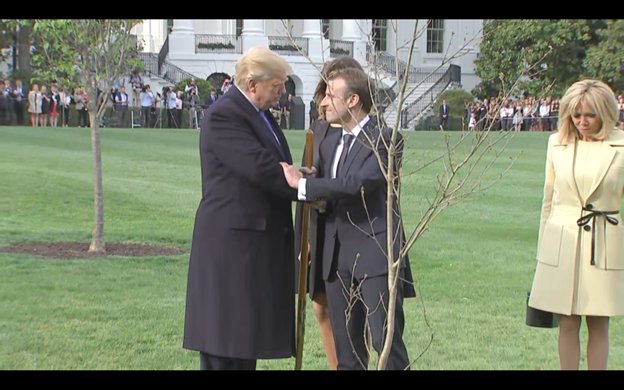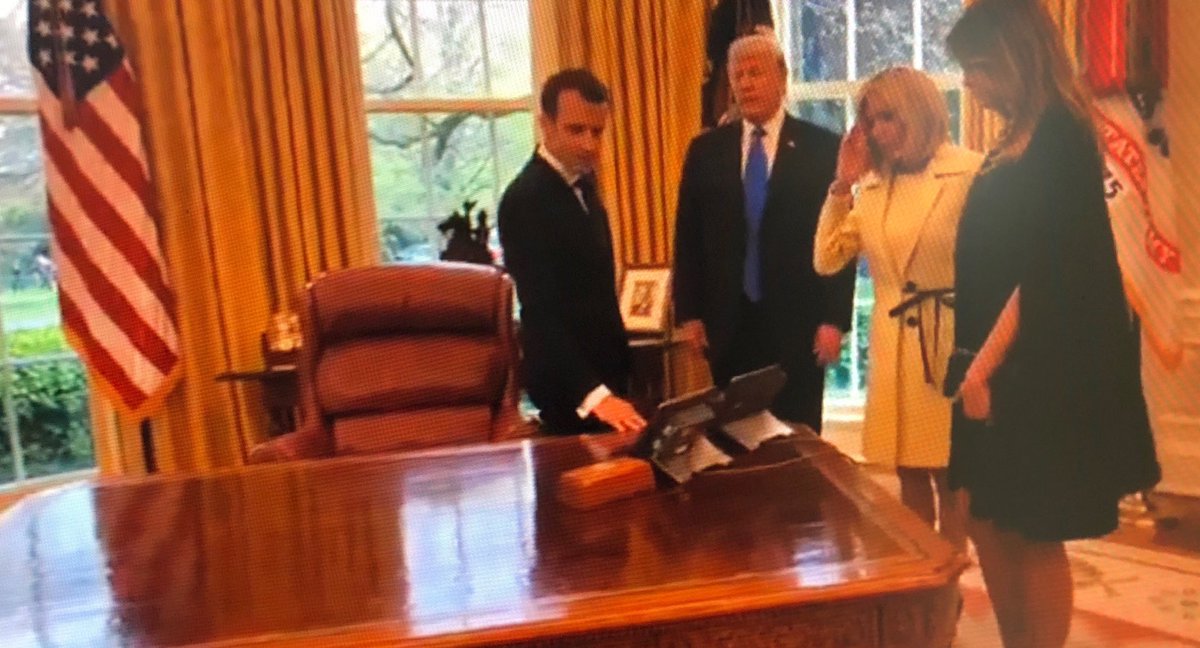Hmmm Belleau Wood very Famous fight for the US Marines-
https://en.wikipedia.org/wiki/Battle_of_Belleau_Wood
The Battle of Belleau Wood (1–26 June 1918) occurred during the German Spring Offensive in World War I, near the Marne River in France. The battle was fought between the U.S. 2nd (under the command of Major General Omar Bundy) and 3rd Divisions along with French and British forces against an assortment of German units including elements from the 237th, 10th, 197th, 87th, and 28th Divisions. The battle has become a key component of the lore of the United States Marine Corps.
On the evening of 1 June, German forces punched a hole in the French lines to the left of the Marines’ position. In response, the U.S. reserve—consisting of the 23rd Infantry Regiment, the 1st Battalion, 5th Marines, and an element of the 6th Machine Gun Battalion—conducted a forced march over 10 kilometres (6.2 mi) to plug the gap in the line, which they achieved by dawn. By the night of 2 June, the U.S. forces held a 20 kilometres (12 mi) front line north of the Paris-Metz Highway running through grain fields and scattered woods, from Triangle Farm west to Lucy and then north to Hill 142. The German line opposite ran from Vaux to Bouresches to Belleau.
German commanders ordered an advance on Marigny and Lucy through Belleau Wood as part of a major offensive, in which other German troops would cross the Marne River. The commander of the Marine Brigade, Army General James Harbord, countermanding a French order to dig trenches further to the rear, ordered the Marines to “hold where they stand”. With bayonets, the Marines dug shallow fighting positions from which they could fight from the prone position. In the afternoon of 3 June, German infantry attacked the Marine positions through the grain fields with bayonets fixed. The Marines waited until the Germans were within 100 yd (91 m) before opening deadly rifle fire which mowed down waves of German infantry and forced the survivors to retreat into the woods.
Having suffered heavy casualties, the Germans dug in along a defensive line from Hill 204, just east of Vaux, to Le Thiolet on the Paris-Metz Highway and northward through Belleau Wood to Torcy. After Marines were repeatedly urged to turn back by retreating French forces, Marine Captain Lloyd W. Williams of the 2nd Battalion, 5th Marines uttered the now-famous retort “Retreat? Hell, we just got here”. Williams’ battalion commander, Major Frederic Wise, later claimed to have said the famous words.
On 4 June, Major General Bundy—commanding the 2nd Division—took command of the American sector of the front. Over the next two days, the Marines repelled the continuous German assaults. The 167th French Division arrived, giving Bundy a chance to consolidate his 2,000 yards (1,800 m) of front. Bundy’s 3rd Brigade held the southern sector of the line, while the Marine brigade held the north of the line from Triangle Farm.
On the night of 4 June, the intelligence officer for the 6th Marines, Lieutenant William A. Eddy, and two men stole through German lines to gather information about German forces. They gathered valuable information showing the Germans were consolidating machine gun positions and bringing in artillery. While this activity indicated an attack was not immediately likely, their increasing strength was creating a base of attack that raised concern about breaking through to Paris.
At 17:00 on 6 June, the 3rd Battalion 5th Marines (3/5)—commanded by Major Benjamin S. Berry, and the 3rd Battalion 6th Marines (3/6)—commanded by Major Berton W. Sibley, on their right—advanced from the west into Belleau Wood as part of the second phase of the Allied offensive. Again, the Marines had to advance through a waist-high wheat field into deadly machine gun fire. One of the most famous quotations in Marine Corps history came during the initial step-off for the battle when Gunnery Sergeant Dan Daly, a recipient of two Medals of Honor who had served in the Philippines, Santo Domingo, Haiti, Peking and Vera Cruz, prompted his men of the 73rd Machine Gun Company forward with the words: “Come on, you sons of bitches, do you want to live forever?”
he first waves of Marines—advancing in well-disciplined lines—were slaughtered; Major Berry was wounded in the forearm during the advance. On his right, the Marines of Major Sibley’s 3/6 Battalion swept into the southern end of Belleau Wood and encountered heavy machine gun fire, sharpshooters and barbed wire. Marines and German infantrymen were soon engaged in heavy hand-to-hand fighting. The casualties sustained on this day were the highest in Marine Corps history up to that time. Some 31 officers and 1,056 men of the Marine brigade were casualties. However, the Marines now had a foothold in Belleau Wood.
The battle was now deadlocked. At midnight on 7–8 June, a German attack was stopped cold and an American counter-attack in the morning of 8 June was similarly defeated. Sibley’s battalion—having sustained nearly 400 casualties—was relieved by the 1st Battalion, 6th Marines. Major Shearer took over the 3rd Battalion, 5th Marines for the wounded Berry. On 9 June, an enormous American and French barrage devastated Belleau Wood, turning the formerly attractive hunting preserve into a jungle of shattered trees. The Germans counter-fired into Lucy and Bouresches and reorganized their defenses inside Belleau Wood.
In the morning of 10 June, Major Hughes’ 1st Battalion, 6th Marines—together with elements of the 6th Machine Gun Battalion—attacked north into the wood. Although this attack initially seemed to be succeeding, it was also stopped by machine gun fire. The commander of the 6th Machine Gun Battalion—Major Cole—was mortally wounded. Captain Harlan Major—senior captain present with the battalion—took command. The Germans used great quantities of mustard gas. Next, Wise’s 2nd Battalion, 5th Marines was ordered to attack the woods from the west, while Hughes continued his advance from the south.
At 04:00 on 11 June, Wise’s men advanced through a thick morning mist towards Belleau Wood, supported by the 23rd and 77th companies of the 6th Machine Gun Battalion, and elements of the 2nd Battalion, 2nd Engineers and were cut to pieces by heavy fire. Platoons were isolated and destroyed by interlocked machine gun fire. It was discovered that the battalion had advanced in the wrong direction. Rather than moving northeast, they had moved directly across the wood’s narrow waist. However, they smashed the German southern defensive lines. A German private, whose company had 30 men left out of 120, wrote “We have Americans opposite us who are terribly reckless fellows.”
Overall, the woods were attacked by the Marines a total of six times before they could successfully expel the Germans. They fought off parts of five divisions of Germans, often reduced to using only their bayonets or fists in hand-to-hand combat.
On 26 June, the 3rd Battalion, 5th Marines, under command of Major Maurice E. Shearer, supported by two companies of the 4th Machine Gun Battalion and the 15th Company of the 6th Machine Gun Battalion, made an attack on Belleau Wood, which finally cleared that forest of Germans. On that day, Major Shearer submitted a report simply stating, “Woods now U.S. Marine Corps entirely”, ending one of the bloodiest and most ferocious battles U.S. forces would fight in the war.
United States forces suffered 9,777 casualties, included 1,811 killed. Many are buried in the nearby Aisne-Marne American Cemetery. There is no clear information on the number of German soldiers killed, although 1,600 were taken prisoner.
After the battle, the French renamed the wood “Bois de la Brigade de Marine” (”Wood of the Marine Brigade”) in honor of the Marines’ tenacity. The French government also later awarded the 4th Brigade the Croix de guerre. An official German report classified the Marines as “vigorous, self-confident, and remarkable marksmen ...” General Pershing—commander of the AEF—even said, “The deadliest weapon in the world is a United States Marine and his rifle.” Pershing also said “the Battle of Belleau Wood was for the U.S. the biggest battle since Appomattox and the most considerable engagement American troops had ever had with a foreign enemy.”
Legend and lore has it that the Germans used the term “Teufelshunde” (”devil dogs”) for the Marines. However, this has not been confirmed, as the term was not commonly known in contemporary German. The closest common German term would be “Höllenhunde” which means “hellhound”.
Regardless of the term’s origin, ten years after the battle, Lieutenant Colonel Ernst Otto, from the Historical Section of the German Army, wrote of the Marine Corps; “Their fiery advance and great tenacity were well recognized by their opponents.

 ..Comments switched..sorry.Per Mark Knoller CBS
..Comments switched..sorry.Per Mark Knoller CBS